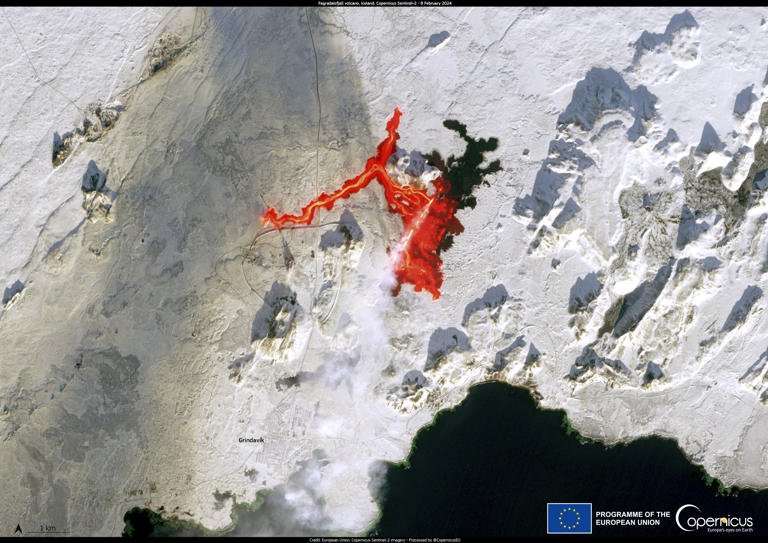Table of Contents
ToggleAntarctic Climate Crisis
The Antarctic climate crisis has reached unprecedented levels, with drastic temperature spikes and ecological disruptions. Explore the urgency of the situation and its global implications in this eye-opening story.

© Photograph: Fritz Polking/Gamma-Rapho/Getty Images
Antarctic Climate Crisis: Understanding the Urgency
Introduction: In the vast, icy expanse of Antarctica, a crisis of monumental proportions is unfolding before our eyes. The Antarctic climate, once thought to be impervious to human-induced changes, is now showing alarming signs of distress. From record-breaking temperature jumps to the rapid decline of iconic wildlife, the urgency of addressing this crisis cannot be overstated.
Unprecedented Temperature Surges
Imagine a temperature spike of 38.5°C above the seasonal average, recorded in the coldest place on Earth. This unimaginable leap in temperatures occurred on March 18, 2022, at the Concordia research station in Antarctica. Scientists were left speechless by this staggering event, which surpassed all previous records for temperature increases at a meteorological center.
Rising Temperatures and Environmental Impact
The Antarctic climate is undergoing a profound transformation, driven by rising temperatures and shifting weather patterns. Poleward winds are now carrying warm, moist air from lower latitudes deep into the continent, triggering what can only be described as a polar “heatwave.” This unprecedented warming trend poses a grave threat to Antarctica’s delicate ecosystem and the species that call it home.
Melting Ice and Disappearing Sea Ice
One of the most alarming consequences of the Antarctic climate crisis is the rapid melting of ice across the continent. Glaciers bordering the West Antarctic ice sheet are losing mass at an alarming rate, contributing to rising sea levels worldwide. Meanwhile, levels of sea ice, which have remained stable for over a century, are plummeting, disrupting marine ecosystems and habitats.
Ecological Implications
The ecological ramifications of the Antarctic climate crisis are profound and far-reaching. Algae, vital for sustaining Antarctic ecosystems, are disappearing at an alarming rate, threatening the entire food chain. Krill populations, which rely on algae for sustenance, are dwindling, posing a threat to iconic Antarctic wildlife such as penguins, seals, and whales. The loss of these keystone species could have devastating consequences for the entire ecosystem.
Emperor Penguins in Peril
Perhaps nowhere is the impact of the Antarctic climate crisis more evident than in the plight of the emperor penguin. These iconic birds, found only in Antarctica, are facing unprecedented challenges as their sea ice habitats disappear. Breeding failures, caused by the premature breakup of sea ice, have led to catastrophic losses among emperor penguin colonies. If current trends continue, researchers fear that over 90% of emperor penguin colonies could be wiped out by the end of the century—a tragic loss for Antarctica’s biodiversity.
© Provided by Indy 100
Legal and Political Challenges
The Antarctic climate crisis presents not only ecological challenges but also legal and political dilemmas. The effectiveness of international agreements, such as the Antarctic Treaty’s environmental protocol, is being called into question as Antarctica faces rapid climate change. Some argue that countries emitting greenhouse gases are violating their obligations under the treaty, raising complex legal and political issues that require urgent attention.
Conclusion: A Call to Action
The Antarctic climate crisis is a wake-up call for humanity—a stark reminder of the urgent need to address climate change on a global scale. As temperatures rise and ecosystems falter, we must come together to take decisive action to protect Antarctica and preserve its unique biodiversity for future generations. The time to act is now.
Antarctic Climate Crisis: Urgency and Action
The Antarctic climate crisis demands our immediate attention and collective action. As temperatures soar and ecosystems unravel, we must stand united in our commitment to safeguarding Antarctica and combating climate change. Together, we can build a more sustainable future for our planet and all its inhabitants.
ALSO READ: